SCO hit with Novell court ruling
Court orders SCO to hand over $2.5 million to rival Novell as legal spat over Linux continues.
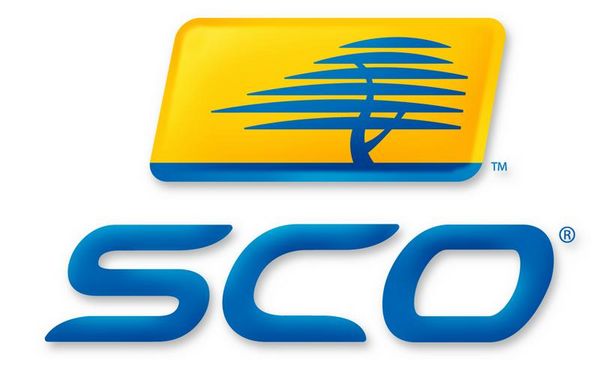
The latest episode in SCO's journey through the US courts has led to a ruling that SCO must pay $2.5 million (1.25 million) to Novell in restitution for Unix royalties SCO collected from Sun Microsystems without Novell's permission.
SCO initiated its litigation back in 2003, sueing IBM for $1 billion (500 million) in damages on the pretext that it owned the rights to copyrights on the code of Unix, and that IBM had put Unix code into the Linux kernel. No evidence has ever been produced to substantiate this claim, nor is ever likely to be.
Famously, SCO produced an example of "copied code" in August 2003 , which turned out to have been originally written by either Dennis Ritchie or Ken Thompson, (the founders of Unix) under a BSD open source license, and from which, it was alleged, SCO had removed the original license text, violating the original terms of the license. In June, 2008, Judge Brook Wells granted IBM's motion to strike most of SCO's "evidence" for its non-specifity. Wells has observed: "SCO's arguments are akin to SCO telling IBM, 'Sorry, we are not going to tell you what you did wrong because you already know.'"
Nevertheless, SCO distributed a "Letter to Linux Customers" among the chief executives of the top 1500 companies, charging them with "illegally using more than 65 SCO-owned Application Binary Interfaces (ABIs) without permission."
This had a marked effect in some companies, such as Halliburton, where notices were distributed internally warning against the use of Linux in company offices, and led to an impassioned intervention by Novell's chief executive, Jack Messman.
Novell had yet to announce its intention to become a Linux company, but Messman, in the words of Novell's press release, "challenged SCO's assertion that it owns the copyrights and patents to UNIX System V, pointing out that the asset purchase agreement entered into between Novell and SCO in 1995 did not transfer these rights to SCO", and demanded that SCO produce "facts to back up its assertion that certain UNIX System V code has been copied into Linux."
Messman noted: "SCO claims it has specific evidence supporting its allegation against the Linux community. It is time to substantiate that claim, or recant the sweeping and unsupported allegation made in your letter. Absent such action, it will be apparent to all that SCO's true intent is to sow fear, uncertainty, and doubt about Linux in order to extort payments from Linux distributors and users."
Get the ITPro daily newsletter
Sign up today and you will receive a free copy of our Future Focus 2025 report - the leading guidance on AI, cybersecurity and other IT challenges as per 700+ senior executives
Novell's claim to to have retained the the ownership of Unix effectively voided SCO's claims against IBM. Subsequently, Novell registered several Unix copyrights as a statement of intent, and SCO filed suit against Novell, claiming slander of title. Novell's claims, if true, ivalidated its claims against IBM.
Last year, Judge Dale Kimball declared that the Unix copyrights indeed belonged to Novell, and that "SCO is obligated to recognize Novell's waiver of SCO's claims against IBM and Sequent."
Novell intiated the present action to recover $19,979,561 (10 million) paid to SCO for Unix licenses by Microsoft, Sun, and others. On 16 July, the court issued a judgement, published by Groklaw, which waived Novell's claims to monies from the Microsoft and other agreements, but found that SCO had improperly collected Unix royalties from Sun that rightfully belonged to Novell, and ordered SCO to pay Novell $2,547,817 in compensation.
An appeal is possible, even likely, but it is hard to see where SCO can go from here. Pamela Jones of Groklaw surmises: "Winning doesn't seem to matter to SCO, just suing... It is a little hard to avoid the distinct impression of trying to destroy Linux, as opposed to any valid claim of infringement."
SCO still faces counter claims from IBM and Red Hat.
-
 Should AI PCs be part of your next hardware refresh?
Should AI PCs be part of your next hardware refresh?AI PCs are fast becoming a business staple and a surefire way to future-proof your business
By Bobby Hellard Published
-
 Westcon-Comstor and Vectra AI launch brace of new channel initiatives
Westcon-Comstor and Vectra AI launch brace of new channel initiativesNews Westcon-Comstor and Vectra AI have announced the launch of two new channel growth initiatives focused on the managed security service provider (MSSP) space and AWS Marketplace.
By Daniel Todd Published
-
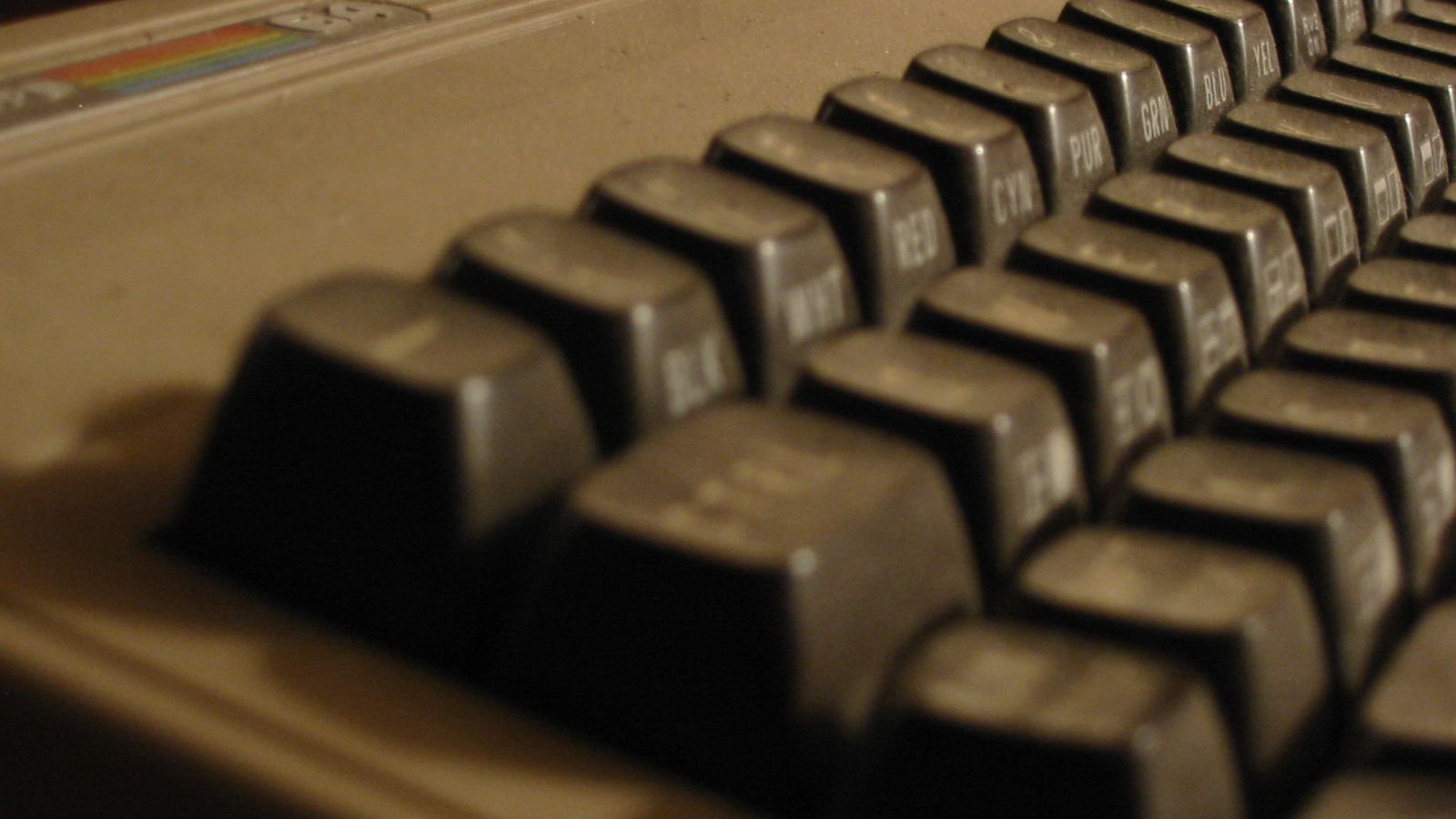 Apple patents a computer inside a keyboard
Apple patents a computer inside a keyboardNews Device could enable clutter-free ultra-portability, says document
By Danny Bradbury Published
-
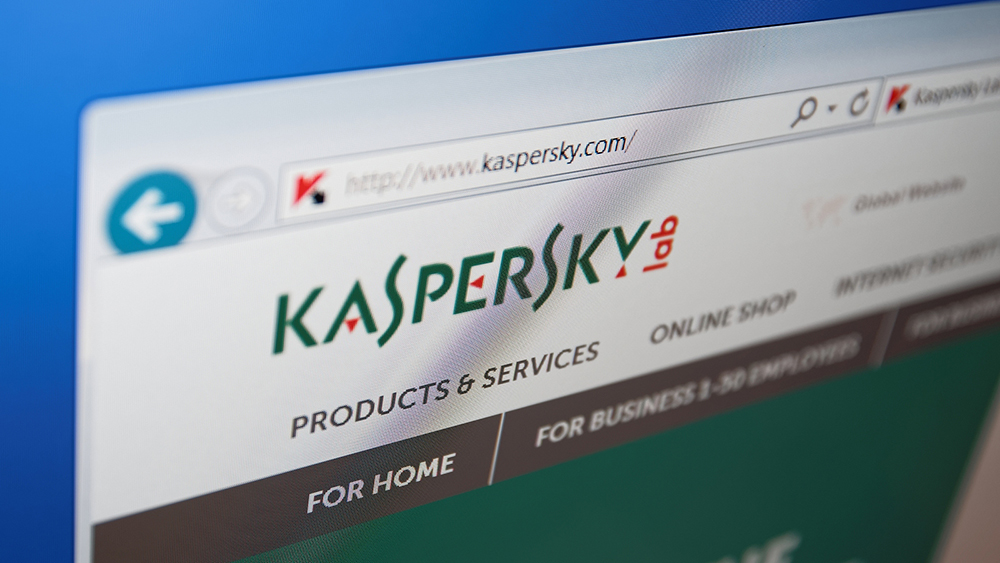 Kaspersky counters 'patent troll' lawsuit, wins $5,000
Kaspersky counters 'patent troll' lawsuit, wins $5,000News The troll initially wanted $60,000 from the antivirus firm
By Dale Walker Published
-
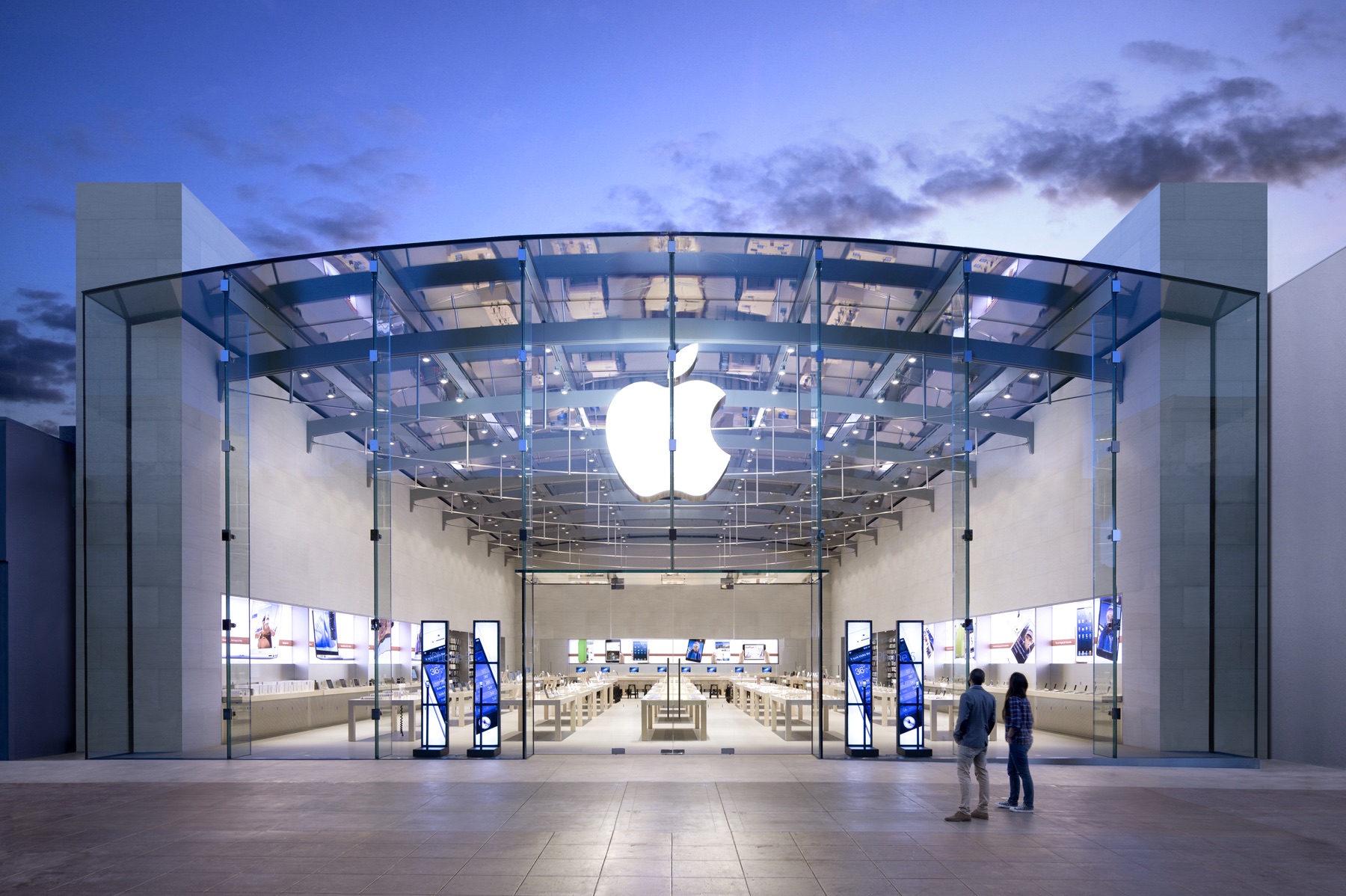 Apple and Nokia resolve patent dispute
Apple and Nokia resolve patent disputeNews Tech giants agree future collaboration, as Apple pays in cash
By Joe Curtis Published
-
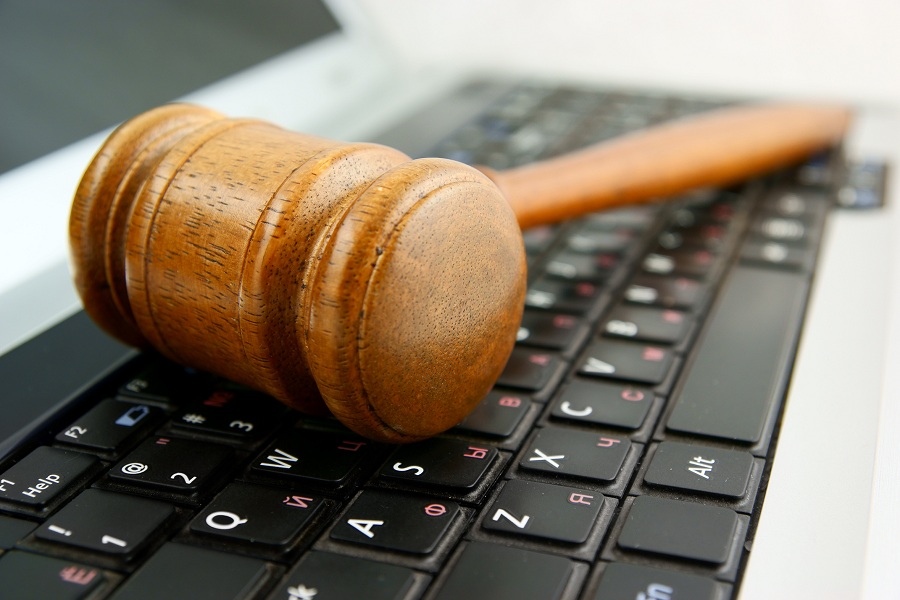 Google asks Supreme Court to reopen Java copyright case against Oracle
Google asks Supreme Court to reopen Java copyright case against OracleNews The search giant seeks the defence of the US Supreme Court after losing more than $1bn to Oracle over Java APIs
By James Stirling Published
-
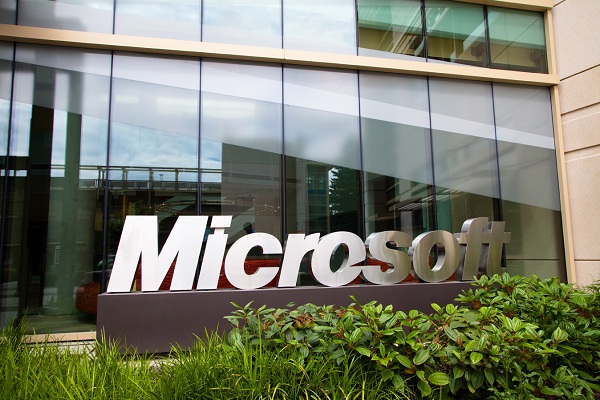 Samsung owes Microsoft $6.9m in interest
Samsung owes Microsoft $6.9m in interestNews Although Samsung is up to date on its fees, the firm is still indebted because of late payment charges
By Clare Hopping Published
-
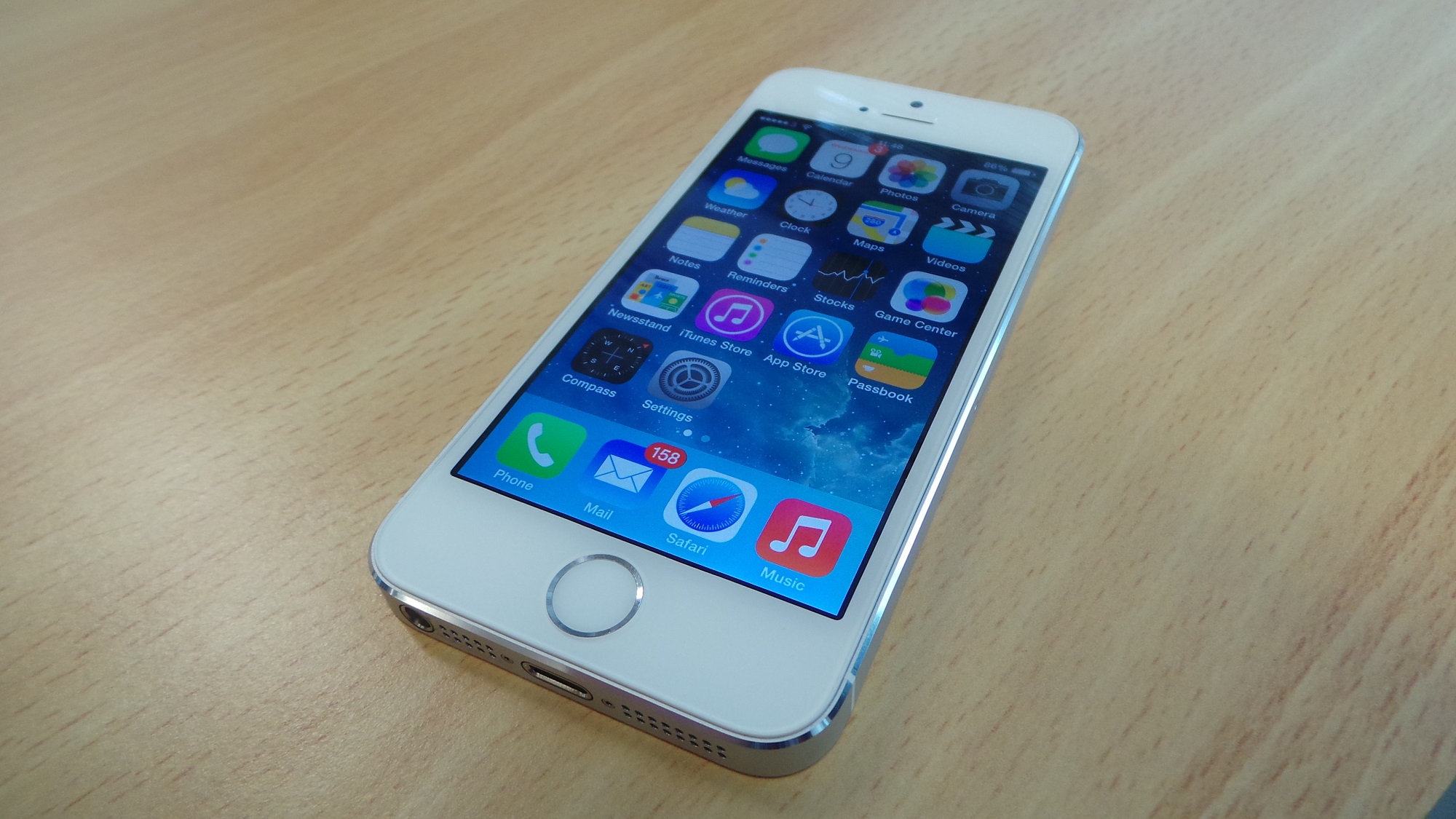 iPhone location patent may change settings automatically
iPhone location patent may change settings automaticallyNews A patent purportedly filed by Apple will change iPhone settings according to your location
By Clare Hopping Published
-
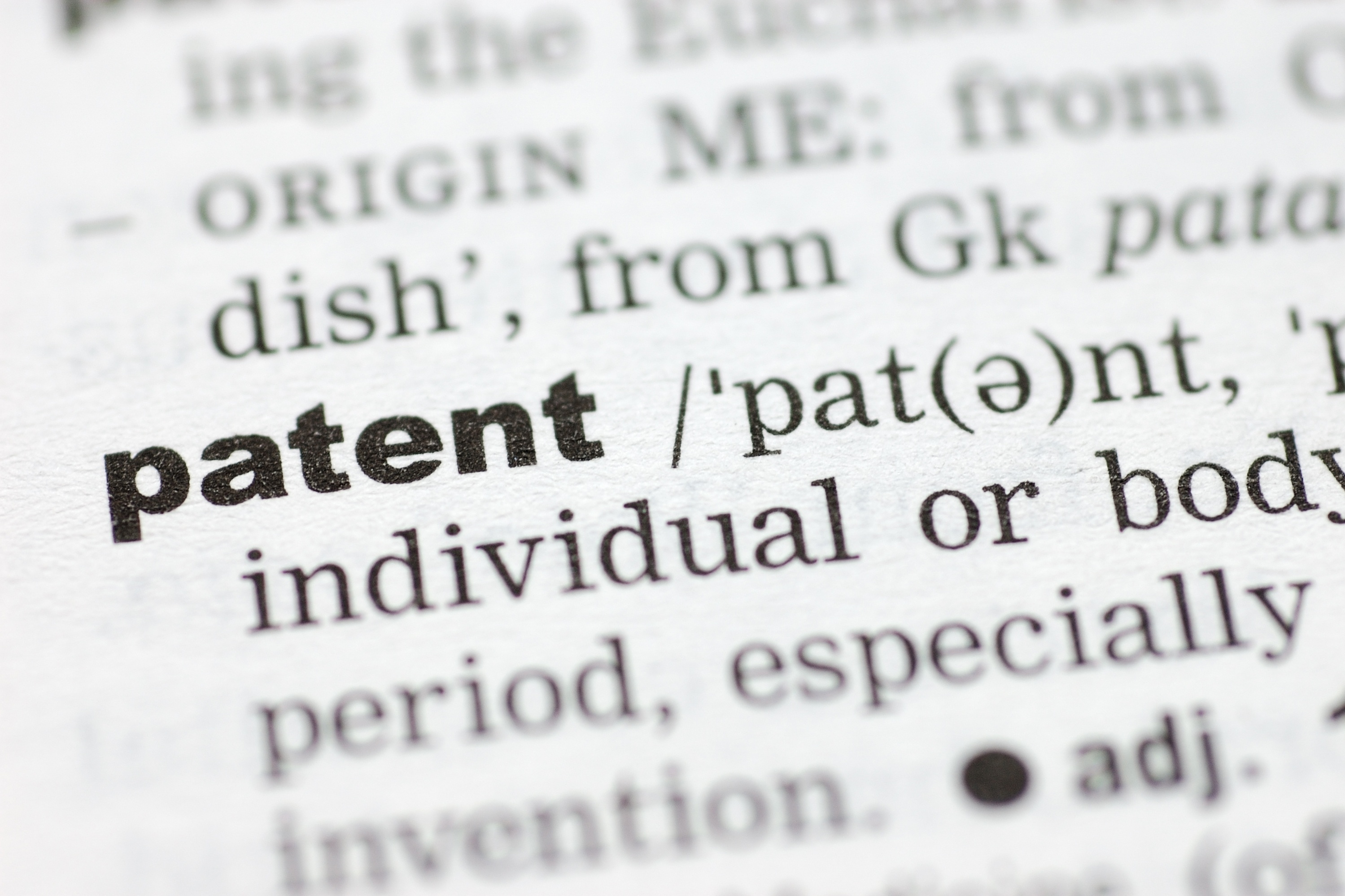 Microsoft-owned Android patents revealed by Chinese website
Microsoft-owned Android patents revealed by Chinese websiteNews Chinese authorities post lists detailing the extend of Redmond's hold over Android manufacturers
By Alex Hamilton Published
-
 Microsoft charges Motorola for use of Android and Chrome OS
Microsoft charges Motorola for use of Android and Chrome OSNews Motorola Solutions is the latest company to enter into a deal with Microsoft to avoid a patent lawsuit
By Clare Hopping Published